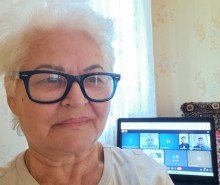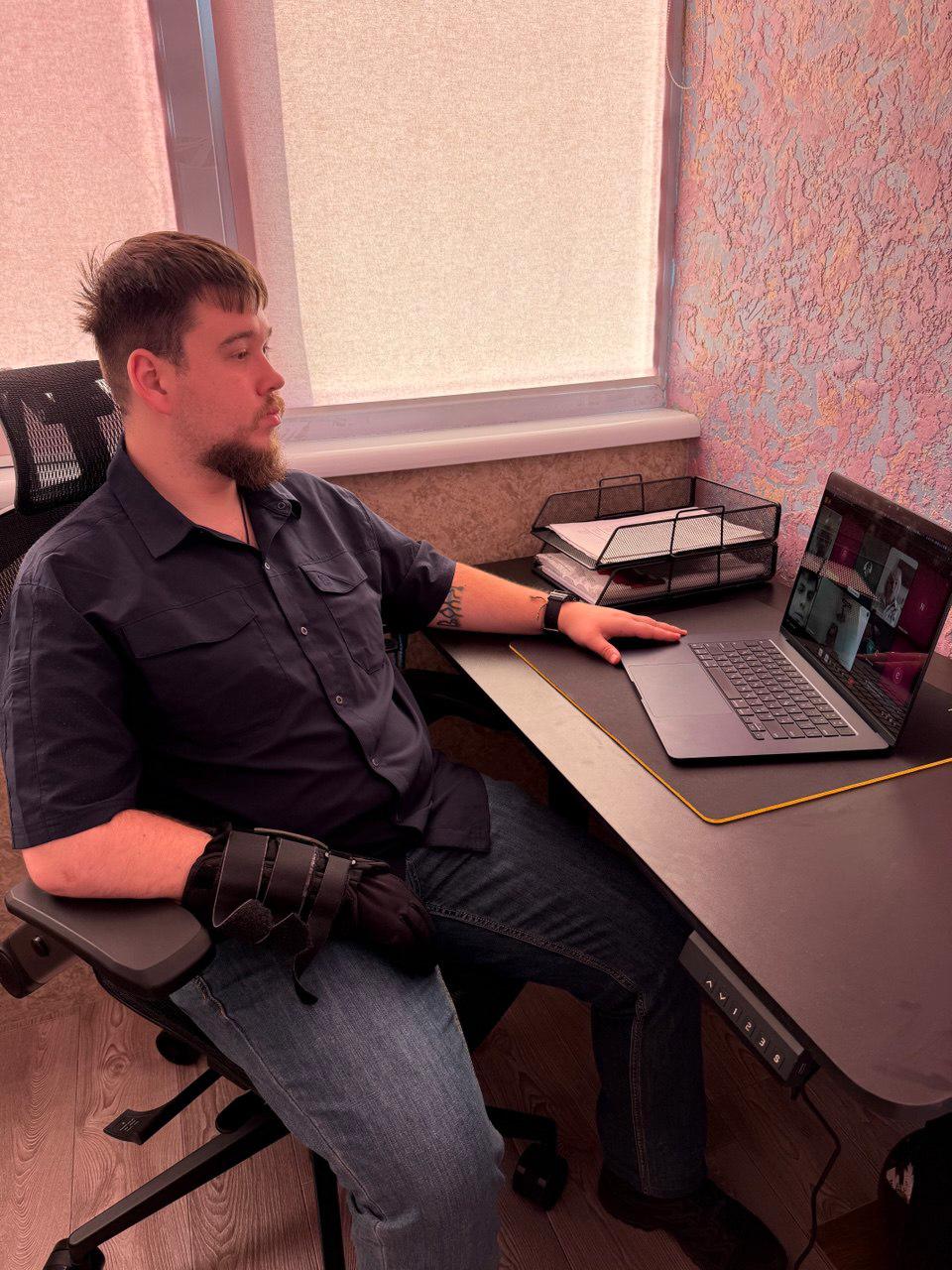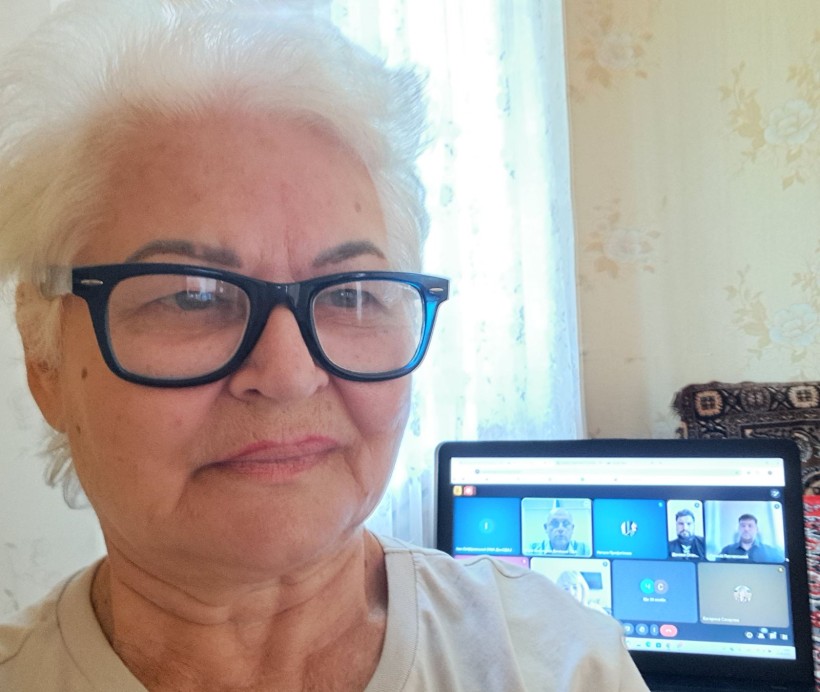

On August 29, 2025, under the chairmanship of First Deputy Head of the Regional State Administration Yuriy Vinokurov, an expanded meeting of the regional committee for ensuring accessibility of social and engineering and transport infrastructure facilities for persons with disabilities and other low-mobility groups of the population was held online.
The meeting was attended by members of the regional accessibility committee, representatives of structural units of the regional state administration, and representatives of military administrations of settlements in the region.
The purpose of the meeting was to establish an effective dialogue between the authorities and the public to ensure the implementation of the National Strategy for the Creation of a Barrier-Free Environment in Ukraine for the period up to 2030.
The meeting presented the updated composition of the regional accessibility committee, approved by the order of the head of the regional state administration, the head of the regional military administration, dated August 19, 2025.
At the meeting of the regional accessibility committee, they talked about putting together a draft Action Plan for 2025-2026 to implement the National Strategy for Creating a Barrier-Free Environment in Ukraine for the period up to 2030 in the Donetsk region.
They also discussed the organization and monitoring of the implementation in the region of the Action Plan for 2025-2026 for the implementation of the National Strategy for the Creation of a Barrier-Free Environment in Ukraine for the period up to 2030, approved by the order of the Cabinet of Ministers of Ukraine dated March 25.
They also discussed the organization and monitoring of the implementation of the 2025-2026 Action Plan for the implementation of the National Strategy for the Creation of a Barrier-Free Environment in Ukraine for the period up to 2030, approved by the Order of the Cabinet of Ministers of Ukraine on March 25, 2025.
During the discussion, representatives of the public demonstrated interest and involvement in the implementation of state policy on the creation of a barrier-free environment, the development of social inclusion, ensuring free access to all areas of life and quality services for people with disabilities and other members of society with limited mobility.
The most heated discussion was around the urgent problems of people who can't independently deal with evacuation from dangerous areas, getting social benefits, or finding temporary accommodation, because they face a lack of physical, informational, and digital accessibility.
Deputy Chair of the Public Accessibility Committee Nadiya Polamarchuk expressed her hope that the resumption of the Accessibility Committee's work would become a platform where representatives of the public and officials could effectively interact to resolve issues related to providing effective assistance to persons with disabilities and all those who need it. Finally, she wished the meeting participants strength, unity, and faith in their common cause.


